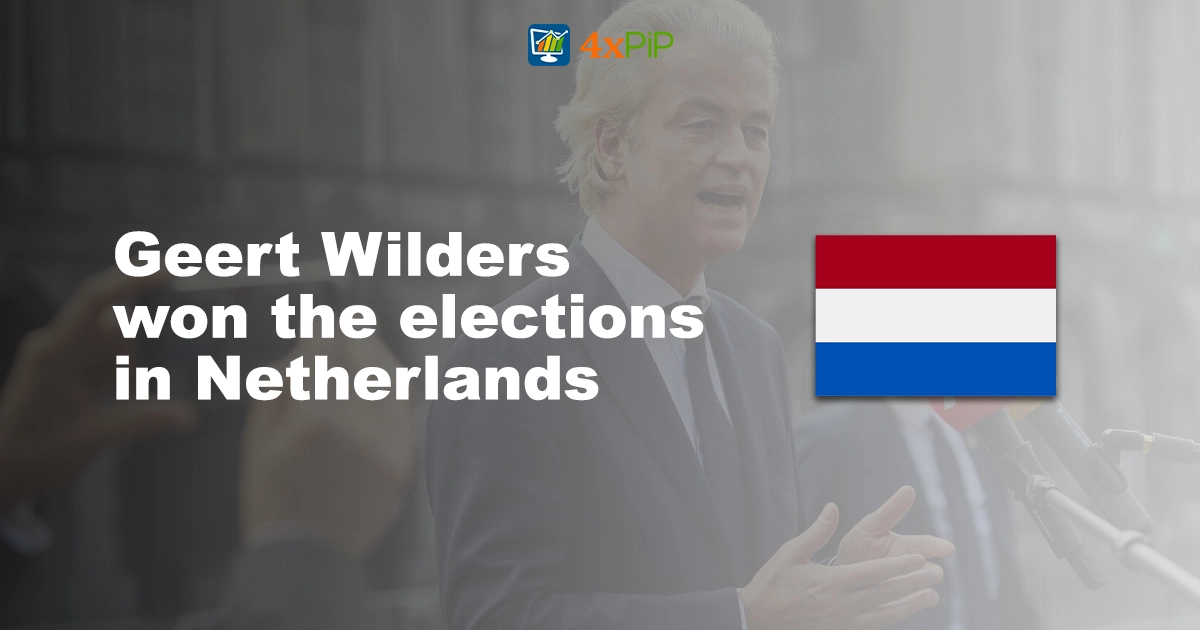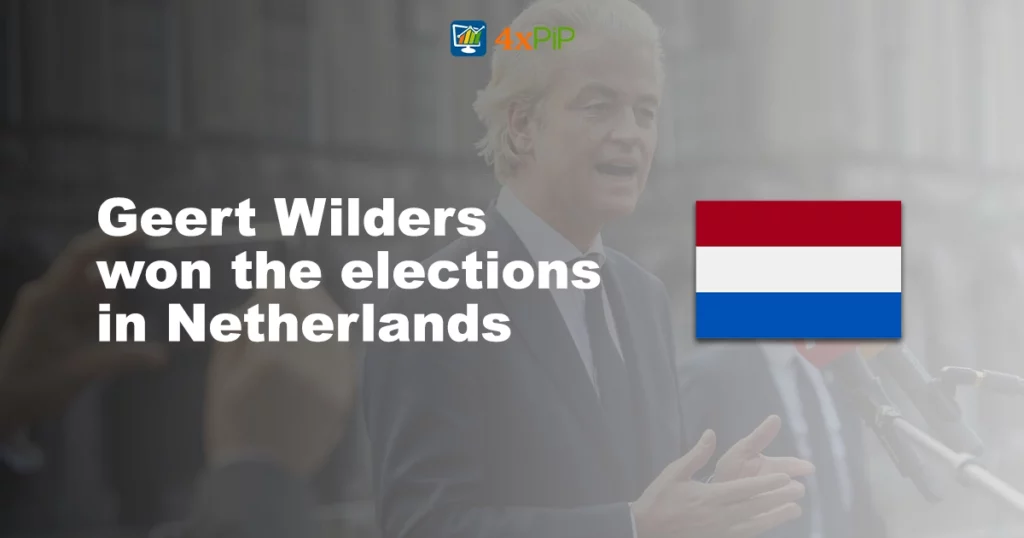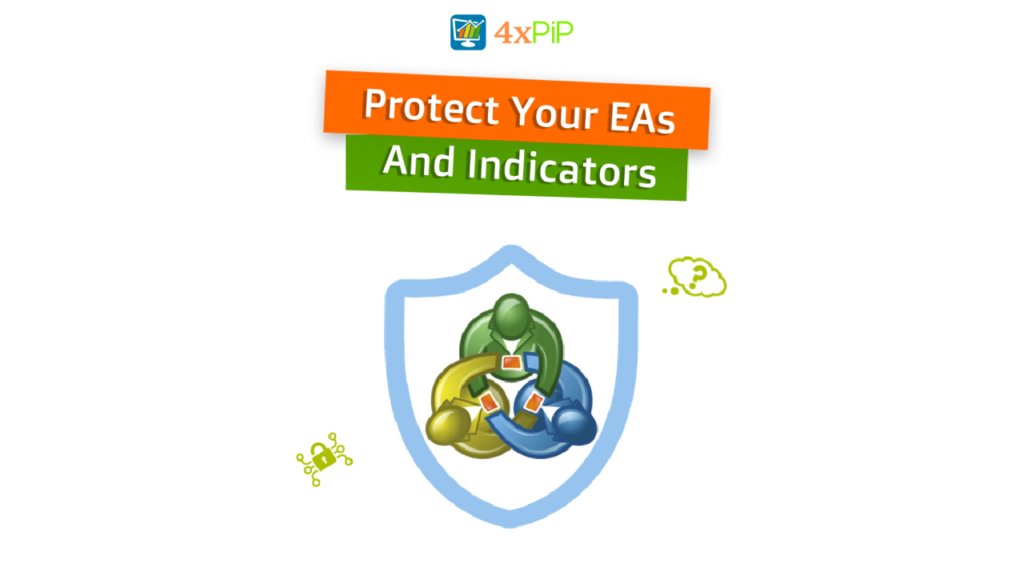In a historic turn of events, the Netherlands witnessed a seismic shift in its political landscape as Geert Wilders and his far-right Party for Freedom (PVV) emerged triumphant in the recent general elections held on November 22, 2023. This unexpected outcome has not only marked a significant departure from conventional political trends but has also sparked widespread discussions about the implications for the nation’s future. At 4xPip, we’re closely following these developments, recognizing the potential impact on economic policies and international relations. For expert analysis and insights, reach out to us at [email protected].
Election Results:
The election results unveiled a striking transformation in the distribution of political power in the Netherlands. Geert Wilders’ PVV secured an impressive victory, claiming 37 seats out of 150 in the House of Representatives. This substantial gain of 20 seats compared to the previous parliament underscores a clear mandate from the electorate. On the other hand, the ruling People’s Party for Freedom and Democracy (VVD) experienced a setback, losing 10 seats and securing 24 seats. The left-wing coalition of Labour and the Green Left, led by Frans Timmermans, followed with 25 seats, while the New Social Contract (NSC) led by Pieter Omtzigt gained 20 seats.
Amidst these election dynamics, the PVV’s win is particularly noteworthy. Geert Wilders, known for his strong stance on issues like asylum and measures against Islamic institutions, has gained substantial support, signaling a shift in public sentiment. The international media has described this as one of the most significant political upsets in Dutch history, making it a topic of global attention.
Economic Influences:
Economic challenges, notably the energy crisis that hit the Netherlands and other European countries in the latter half of 2023, significantly influenced the election results. This crisis resulted in record-high inflation rates and a decline in real consumption spending. The Dutch economy contracted by 0.4% in the first quarter and 0.3% in the second quarter of 2023. Households grappled with adjusting to higher price levels, and export volumes decreased due to the worsening economic outlook in main trading partners².
Despite these economic headwinds, the government projects a decrease in government debt to 46.8% of GDP by 2025. The government deficit, initially forecasted to be 0.5% of GDP in 2023, is expected to widen further due to the growing expenditure on public investment and social benefits. The economic challenges played a crucial role in shaping voter preferences and, consequently, the electoral outcomes.
Coalition Challenges:
In the aftermath of Geert Wilders’ victory in the Netherlands, the political landscape faces a daunting challenge: the formation of a coalition government. While Wilders and the PVV have expressed openness to collaborating with any party sharing common ground, numerous political entities have categorically rejected the prospect of aligning with the PVV. This rejection stems from concerns about the PVV’s policies being perceived as anti-constitutional and discriminatory. Notable parties such as the VVD, D66, CDA, CU, SP, PvdD, FvD, SGP, Volt, and JA21 have firmly ruled out the possibility of participating in a coalition with the PVV, underscoring the complexities and divisions within the Dutch political sphere.
The rejection of coalition partnerships with the PVV raises questions about the potential configurations of a new government. While Wilders remains resolute in not compromising on his core principles, the VVD, led by Dilan Yeşilgöz-Zegerius, has acknowledged the possibility of engaging in coalition negotiations but has emphasized the considerable challenges in finding common ground with the PVV. This dynamic sets the stage for a careful and intricate negotiation process, as political parties weigh their priorities against the backdrop of divergent ideologies and public sentiments. The outcome of these negotiations will not only shape the immediate future of Dutch governance but will also reverberate in the broader context of European politics.
Formation Process:
The formation process of a new government in the Netherlands is expected to be a complex and intricate journey, shaped by the absence of a clear majority in the parliament. With Geert Wilders’ PVV securing a substantial but not decisive number of seats, negotiations, and compromises between various parties become paramount. The current caretaker government, led by Mark Rutte, will continue its role until a new coalition is established.
To navigate this intricate process, Mariëtte Hamer, the president of the Social and Economic Council, has been appointed as the information. Her role is crucial in exploring possible coalition options and reporting back by December 15, 2023. The potential scenarios for the new government range from a centrist coalition, which could involve parties like the VVD, GL/PvdA, NSC, and D66, to a minority government led by the PVV, potentially supported by the BBB and the FvD. Each scenario carries its own set of implications for the nation’s future direction, and the outcome of these negotiations will play a pivotal role in shaping the Netherlands’ trajectory in the coming years.
Summary:
In summary, Geert Wilders’ victory in the Netherlands elections marks a pivotal moment in the nation’s political history. The significant seat gains for the PVV, influenced by economic challenges, have set the stage for complex coalition negotiations. The international community is closely watching the unfolding developments, anticipating the implications of this political upheaval on the Netherlands’ domestic and international agenda. As the nation grapples with forming a new government amidst coalition challenges, the outcomes will undoubtedly shape the trajectory of the Netherlands in the years to come.





